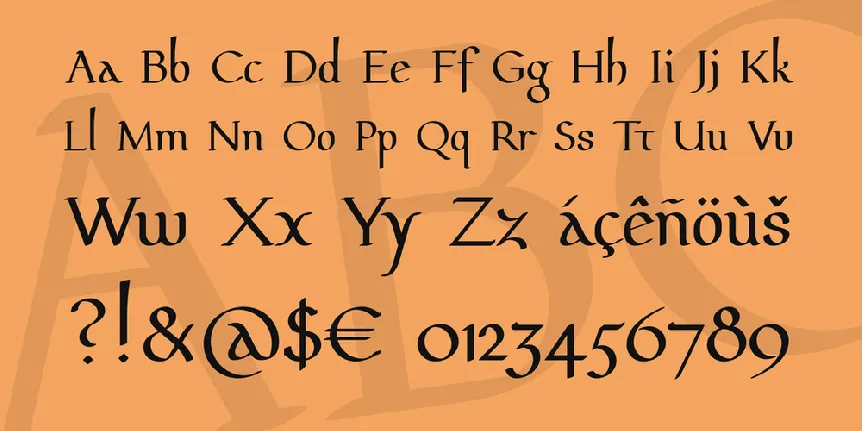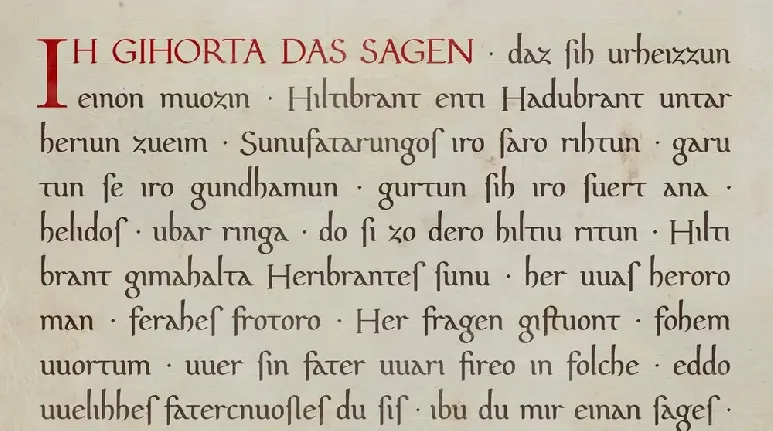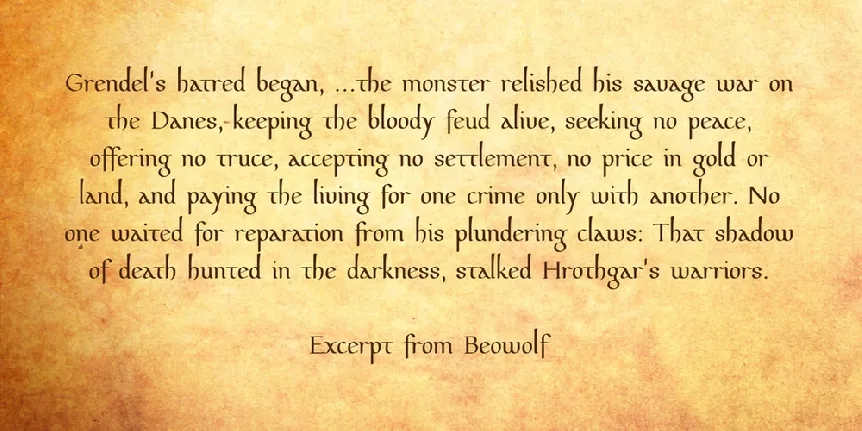Download free Pfeffer Mediæval font - Myfonts Pring
About Pfeffer Mediæval font
Pfeffer Mediæval is the idealised image of a Carolingian minuscule, the script of Charlemagne, on which our modern Antiqua has been modelled.
In the young kingdoms that had been founded on formerly Roman territory during the migration period, several so called Post-Roman scripts emerged up to the 8th century. These were already minuscule scripts using ascenders and descenders. Although all of them were derived from uncial, half uncial and new Roman cursive, they differed quite a lot regionally. Moreover, they were difficult to read, not least due to their extensive use of ligatures. Beginning from the end of the the 8th century a standardisation took place in the course of theCarolingian Renaissance. Advocated by Charlemagne and with important collaboration of Alcuin of York—who had responded to a call to Charlemagne’s palace school in Aachen—an easy to read script was developed that, beginning from the 9th century, quickly spread across the frankish scriptoria. This Carolingian minuscule became the common book and administrative script in the Carolingian empire and all over western Europe except Ireland, until it was in turn replaced by the Gothic minuscule script.
In England, where the new script took a very belated foothold, the insular minuscule script (one of the above mentioned Post-Roman scripts) was in coeval use up to the 12th century. This insular hand script primarily differs from the continental one in the shape of a few letters.
Being my most extensive font as yet, Pfeffer Mediæval contains more than 800 glyphs the whole of which cannot be displayed here. The Latin range includes numerous accented letters and additional characters for purposes of medieval philology. As far as the coverage reaches, the character mapping follows the recommendations of the Medieval Unicode Font Initiative. Among those additional characters are several insular variants of Latin letters, rendering Pfeffer Mediæval suitable for display of Old English texts as well.
Character set of Pfeffer Mediæval
Finally, this font also encompasses a Gothic and a Runic character set.
OpenType Features
Pfeffer Mediæval contains OpenType features for historical text layout, insular script and Gothic alphabet as well as for small capitals and particularly large capitals.
Activating the “hist” feature for historical text layout generates a typeface that comes closer to the historic customs in writing Carolingian minuscule. The umlauts ä, ö and ü are replaced by ligatures like æ and œ, v is replaced by u and w by uu, i is replaced by ı and finally s by ſ. Punctuation is reduced to mid-dot (“·”), and all marks (or combinations of such) are replaced accordingly. The following example shall give a demonstration. In Order to make this feature available in Microsoft Word 2010 (which supports just a few OpenType features, including the stylistic sets), I’ve added a copy of this feature as stylistic set “ss05”.
If you like this font or if you would like to comment on it or to make a proposal, feel free to visit my personal website at robert-pfeffer.net and to write into my guestbook!
Robert Pfeffer
Download font
Free for Personal Use
This fonts are authors' property, and are either shareware, demo versions or public domain. The licence mentioned above the download button is just an indication. Please look at the readme-files in the archives or check the indicated author's website for details, and contact him if in doubt. If no author/licence is indicated that's because we don't have information, that doesn't mean it's free.
Pfeffer Mediµval Regular | PfefferMediaeval.otf
- Font family: Pfeffer Mediµval
- Font subfamily identification: Regular
- Unique identifier: RobertPfeffer, Hessen. : Pfeffer Mediµval: 2010
- Full font name: PfefferMediaeval
- Version: Version 1. 000 2010 initial release
- Postscript font name: PfefferMediaeval
- Trademark notice: Please refer to the Copyright section for the font trademark attribution notices.
- Manufacturer name: Robert Pfeffer, Hessen.
- Designer: Robert Pfeffer, Hessen
PfefferMediaeval-readme
PFEFFER MEDIÆVAL is the idealised image of a Carolingian minuscule, the script of Charlemagne, on which our modern Antiqua has been modelled.
In the young kingdoms that had been founded on formerly Roman territory during the migration period, several so called Post-Roman scripts emerged up to the 8th century. These were already minuscule scripts using ascenders and descenders. Although all of them were derived from uncial, half uncial and new Roman cursive, they differed quite a lot regionally. Moreover, they were difficult to read, not least due to their extensive use of ligatures. Beginning from the end of the the 8th century a standardisation took place in the course of the Carolingian Renaissance. Advocated by Charlemagne and with important collaboration of Alcuin of York—who had responded to a call to Charlemagne’s palace school in Aachen—an easy to read script was developed that, beginning from the 9th century, quickly spread across the frankish scriptoria. This Carolingian minuscule became the common book and administrative script in the Carolingian empire and all over western Europe except Ireland, until it was in turn replaced by the Gothic minuscule script.
In England, where the new script took a very belated foothold, the insular minuscule script (one of the above mentioned Post-Roman scripts) was in coeval use up to the 12th century. This insular hand script primarily differs from the continental one in the shape of a few letters.
PFEFFER MEDIÆVAL may be used freely for non commercial purposes. For commercial use, please contact me.
Robert Pfeffer
[email protected]
http://robert-pfeffer.net
More by Myfonts Pring

New York font
Download New York font free | Myfonts Pring

Eagle Horizon font
Download Eagle Horizon font free | Myfonts Pring
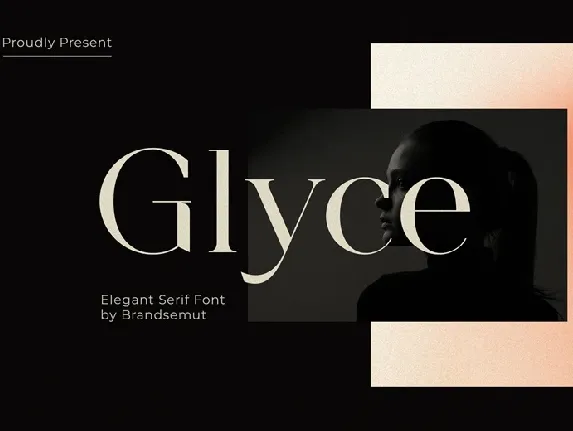
Glyce font
Download Glyce font free | Myfonts Pring
Comments (0)
Lastest update

Birthday Script font
Download Birthday Script font free | Scratchones Creative

Embroidery Script font
Download Embroidery Script font free | Scratchones Creative
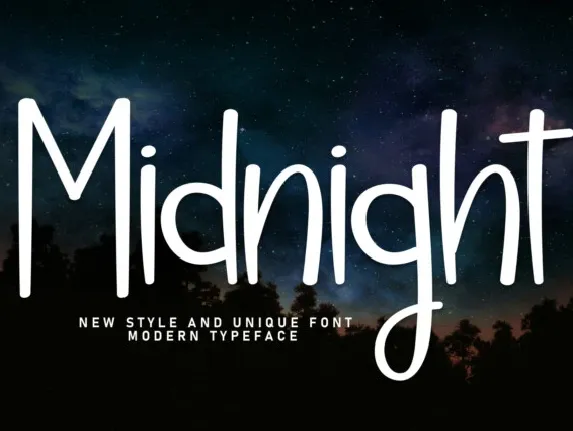
Midnight Display font
Download Midnight Display font free | Scratchones Creative

School Script font
Download School Script font free | Scratchones Creative

Advanture Script font
Download Advanture Script font free | Scratchones Creative

Ghost Display font
Download Ghost Display font free | Scratchones Creative

Royale Santa Script font
Download Royale Santa Script font free | Scratchones Creative

Vintage Script font
Download Vintage Script font free | Scratchones Creative
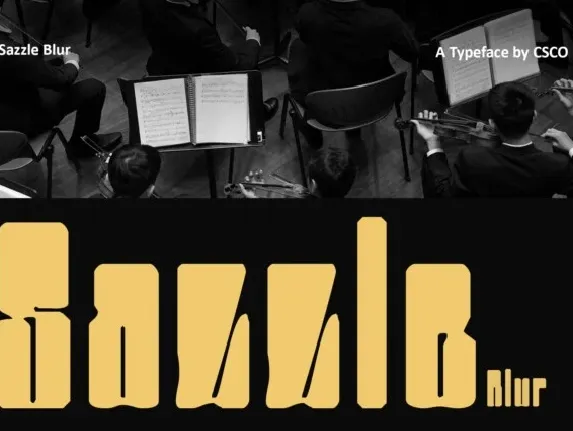
Sazzle Blur font
Download Sazzle Blur font free | Craft Supply Co

